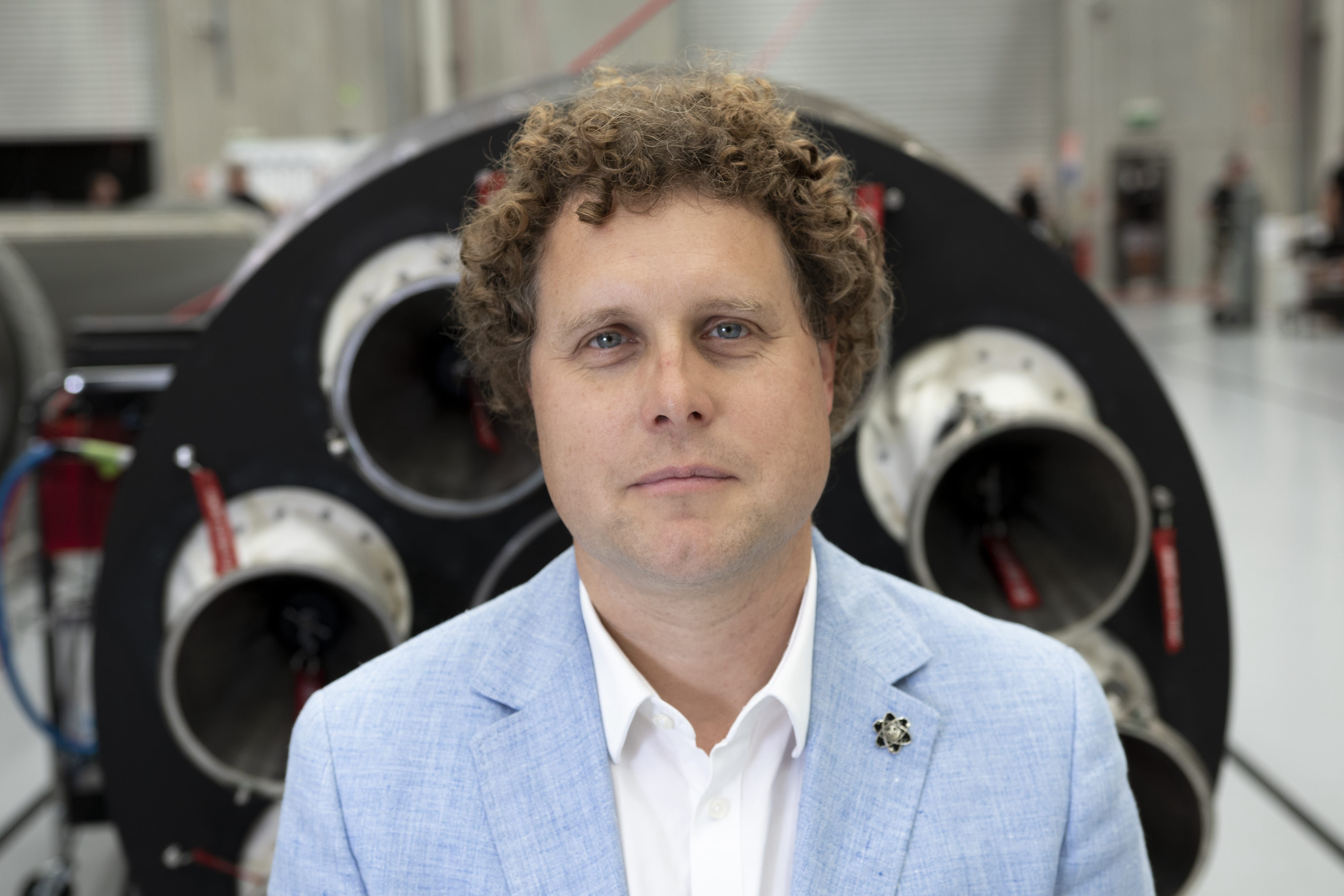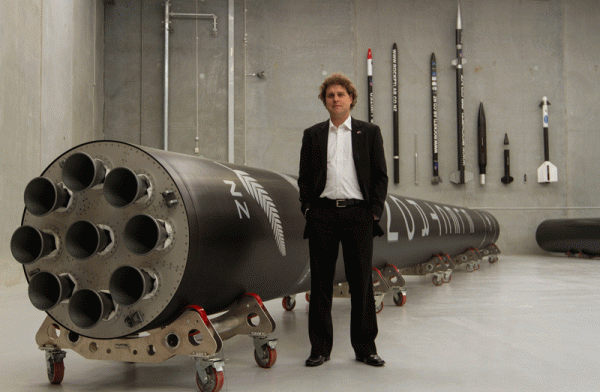

Rocket Lab became the first private company in the Southern Hemisphere to reach space after launching its Ātea-1 sounding rocket in November 2009. Other investors to the company includes Stephen Tindall, Vinod Khosla, and the New Zealand Government. While contacting potential investors, he met Mark Rocket, who would later become a key seed investor to Rocket Lab and was the co-director from 2007 to 2011. During, the trip, Beck realized the possibility and potential for a low-cost small vehicle. Rocket Lab was founded in June 2006 by Peter Beck from New Zealand, after a trip to the United States. The acquisition of SolAero added 425 staff members in the United States in January 2022. In 2021, Rocket Lab had 525 staff in New Zealand and about 150 in the rest of the world, mostly the United States. The Union of Concerned Scientists warns SDA will escalate global tensions and called the project "fundamentally destabilizing". Rocket Lab's participation drew controversy in New Zealand, where members of parliament noted the company is contributing to the "weaponization of space" and could be in violation of New Zealand's nuclear-free zone laws. Griffin (who later became a Rocket Lab board member) in his role as Under Secretary of Defense for Research and Engineering during the Trump administration. Rocket Lab also builds and operates satellites for the Space Development Agency, a space-based missile defense program of the United States Space Force established by Michael D. In May 2022, after four years of development, the Electron booster attempted recovery by a helicopter. In August 2021, Rocket Lab became a public company, listed on the Nasdaq stock exchange through a SPAC merger.

The first launch of the rocket took place in May 2017. The company established headquarters in California, US in 2013 and developed the expendable Electron rocket. By 2009, the successful launch of Ātea-1 made Rocket Lab the first private company in the Southern Hemisphere to reach space. The company was founded in New Zealand in 2006. As of 2022, Rocket Lab is developing the bigger Neutron reusable unibody rocket Photon satellite buses and Rutherford, Curie, HyperCurie, and Archimedes rocket engines. In addition, 4 attempts have been made at soft water recovery.

Two attempts have been made at recovery of the Electron booster by helicopter. Electron rockets have launched 33 times from either Rocket Lab's Launch Complex 1 in New Zealand or the Mid-Atlantic Regional Spaceport (MARS) in the United States. Rocket Lab also plans to build a larger Neutron rocket as early as 2024. The company operates lightweight Electron orbital rockets, which provide dedicated launches for small satellites. is a publicly traded aerospace manufacturer and launch service provider. Help others find us by following on Apple News and Google News.Rocket Lab USA, Inc. We are expecting a major update on the development of Neutron next week. Built from the ground up for reusability, Neutron’s first stage won’t use a parachute to be recovered.

Rocket Lab’s next rocket, Neutron, will change that. Beck says we could see that happen as soon as the first half of 2022. Soon Rocket Lab will switch to catching Electron out of the air with a helicopter. Right now the company is using a parachute to have it gently splashdown in the ocean.
#Peter beck rocket lab how to
As a result, Rocket Lab has had to get creative with how to bring the first stage back in one piece. But, remember, Electron wasn’t designed from the beginning to be reusable. Credit: Rocket Labīeck expects about 50% of Rocket Lab’s Electron launches will be in its reusable configuration. The new upgraded Electron booster, red means reusable, at the company’s production facility.


 0 kommentar(er)
0 kommentar(er)
